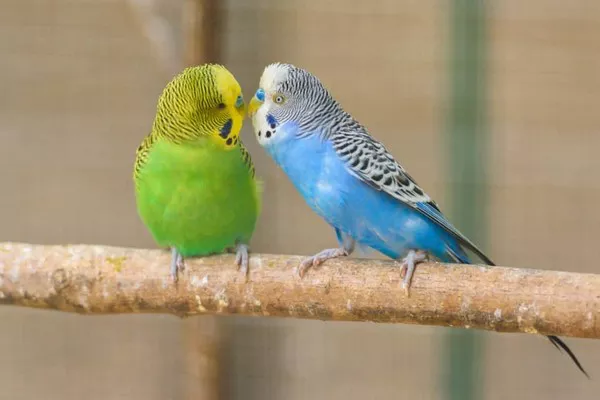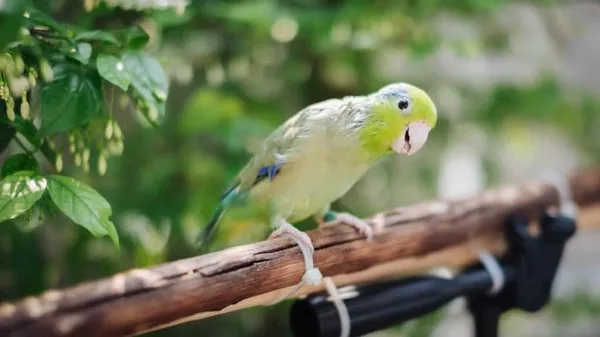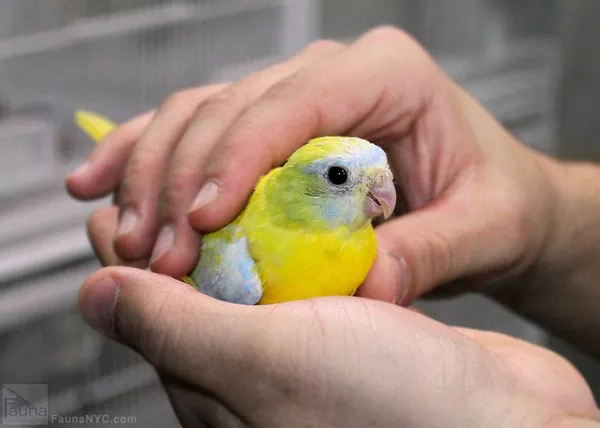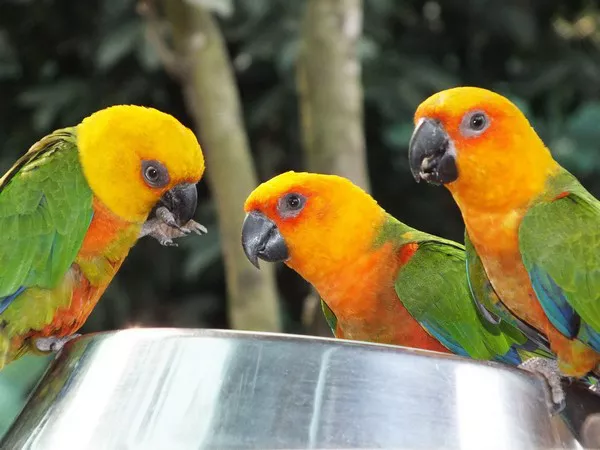Cockatiels, known for their charming personalities and striking crests, make wonderful companions for bird enthusiasts. Providing the right environment is crucial to ensure their well-being and happiness. One of the most critical aspects of their habitat is the cage size. In this comprehensive guide, we will explore the factors to consider when choosing the right size cage for your cockatiel, along with tips on cage setup and enrichment to create a comfortable and stimulating home for your feathered friend.
Understanding Cockatiel Needs
Before we delve into cage size considerations, it’s essential to understand the specific needs and characteristics of cockatiels:
Size and Activity Level:
Cockatiels are medium-sized parrots that are active and inquisitive. They require space to move, explore, and stretch their wings.
Social Creatures:
Cockatiels are social birds and thrive on interaction with their human caregivers. They also enjoy the company of other cockatiels or compatible bird species.
Exercise Requirements:
Cockatiels need regular exercise to maintain their physical and mental health. They enjoy flying, climbing, and playing.
Enrichment and Stimulation:
These parrots are intelligent and require mental stimulation to prevent boredom and related behavioral issues.
Factors to Consider for Cage Size
Now, let’s delve into the factors to consider when determining the right cage size for your cockatiel:
Minimum Cage Size:
The minimum recommended cage size for a single cockatiel is typically 18 inches (46 cm) in width, 18 inches in depth, and 24 inches (61 cm) in height. However, bigger is always better when it comes to cage size.
Cage Bar Spacing:
Ensure that the cage’s bar spacing is appropriate to prevent your cockatiel from escaping or getting stuck. Ideally, the spacing should be around ½ inch (1.27 cm).
Horizontal Space:
Cockatiels are known for their love of horizontal flight. Look for a cage that provides enough space for them to move back and forth comfortably.
Vertical Space:
Cockatiels also enjoy climbing and perching at different heights. Opt for a cage with multiple perches and levels to keep them active and engaged.
Accessories and Enrichment:
Consider the space needed for toys, swings, perches, and food and water dishes. These accessories should not overcrowd the cage but should allow room for your cockatiel to move around freely.
Consider Future Companions:
If you plan to add more cockatiels or other birds to the cage, choose a larger cage accordingly to accommodate the additional occupants.
Cage Setup and Enrichment
Once you’ve selected the right-sized cage, it’s important to set it up to meet your cockatiel’s needs:
Perches: Provide a variety of perches of different sizes and textures to encourage foot exercise and prevent foot problems.
Toys and Enrichment: Offer a selection of toys that encourage mental stimulation and physical activity. Rotate toys regularly to prevent boredom.
Feeding Stations: Place food and water dishes at different locations within the cage to encourage movement. Ensure they are easily accessible and secure.
Hideouts and Nesting Boxes: Provide hideouts or nesting boxes for privacy and a sense of security. These can be especially important if your cockatiel is molting or feeling stressed.
Regular Cleaning: Maintain a clean cage by regularly removing droppings and providing fresh bedding material.
Safety Considerations: Ensure that the cage is placed in a safe location away from drafts, direct sunlight, and potential hazards.
Social Interaction: While the cage provides a safe home base, it’s important to allow your cockatiel out-of-cage time for social interaction and exercise.
Conclusion
Selecting the right-sized cage for your cockatiel is a crucial aspect of responsible pet ownership. Providing a spacious and enriching environment not only ensures your cockatiel’s physical well-being but also contributes to their mental health and happiness. Remember that cockatiels are social birds that thrive on interaction, so spend quality time with your feathered friend outside the cage. By creating a comfortable and stimulating living space, you can help your cockatiel lead a happy and fulfilling life as a cherished member of your family.
Related Topics:
























